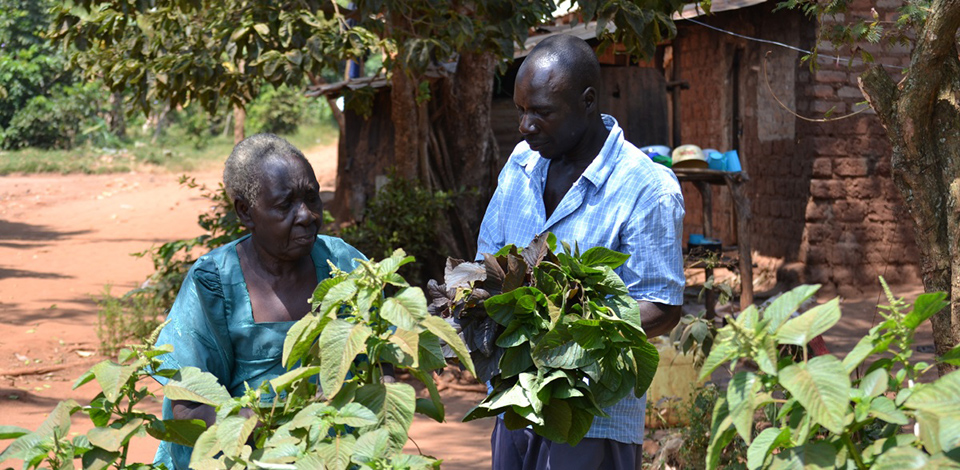)
Background:
Between 2015 and 2050, the number of people aged 60 or over in sub-Saharan Africa is projected to roughly quadruple and reach 160 million. While international development priorities have focussed on people at younger ages, there is an urgent need to address this new challenge, and it should not be assumed that policies for older people that proved effective in other world regions will be suited to sub-Saharan Africa.
Objectives and activities:
This project addressed this knowledge gap by looking at the effects of three different policies for older people: screening for chronic health conditions, providing basic pensions and extending health insurance coverage, in Ghana and South Africa. With the use of a number of existing surveys, particular attention was paid to hypertension and depression, which are closely linked to older people’s general health and quality of life.
The project involved examining and explaining changing patterns of hypertension among older people in Ghana and South Africa, for whom hypertension is the leading cause of death and serious illness. Alongside this, the project assessed the impact of screening for hypertension in South Africa, the impact of Ghana’s national health insurance scheme on older people’s health and wellbeing, and the impact of South Africa’s old age grant on the health and wellbeing of older people.

Older people looking at plants in a rural African community.
Impact:
Key findings include the high prevalence of non-communicable disease, depression and associated risk factors (such as unhealthy consumption and obesity) among older people in Ghana and South Africa. This is a very different situation to the recent past, when these health conditions and risk factors were much less widespread. The project also demonstrates that policies specifically addressing the needs of older people in sub-Saharan Africa, such as social pensions and exclusion from national health insurance, frequently fail to improve health outcomes among this group. The project demonstrates a need for more customised interventions and demonstrates the validity of two such approaches: (i) combining the delivery of social pensions with disease management and (ii) providing community-based support for later life depression. The first of these was developed and trialled in rural South Africa by the project team and is now being expanded with new support from South Africa’s Medical Research Council and the South African Ministry of Health.
SDG/target addressed:

SDG 3.4: By 2030, reduce by one third premature* mortality from non-communicable diseases through prevention and treatment and promote mental health and well-being.
*Professor Lloyd-Sherlock influenced global agencies to modify this target, so that it includes people of all ages, including people aged 70 and over.
This GCRF project has demonstrated the limited capacity of current interventions to achieve this target for older people in sub-Saharan Africa, and has developed/validated new approaches, which are now being scaled up.
Researcher:
Peter Lloyd-Sherlock is a Professor of Social Policy and International Development at the School of Global Development, University of East Anglia.
